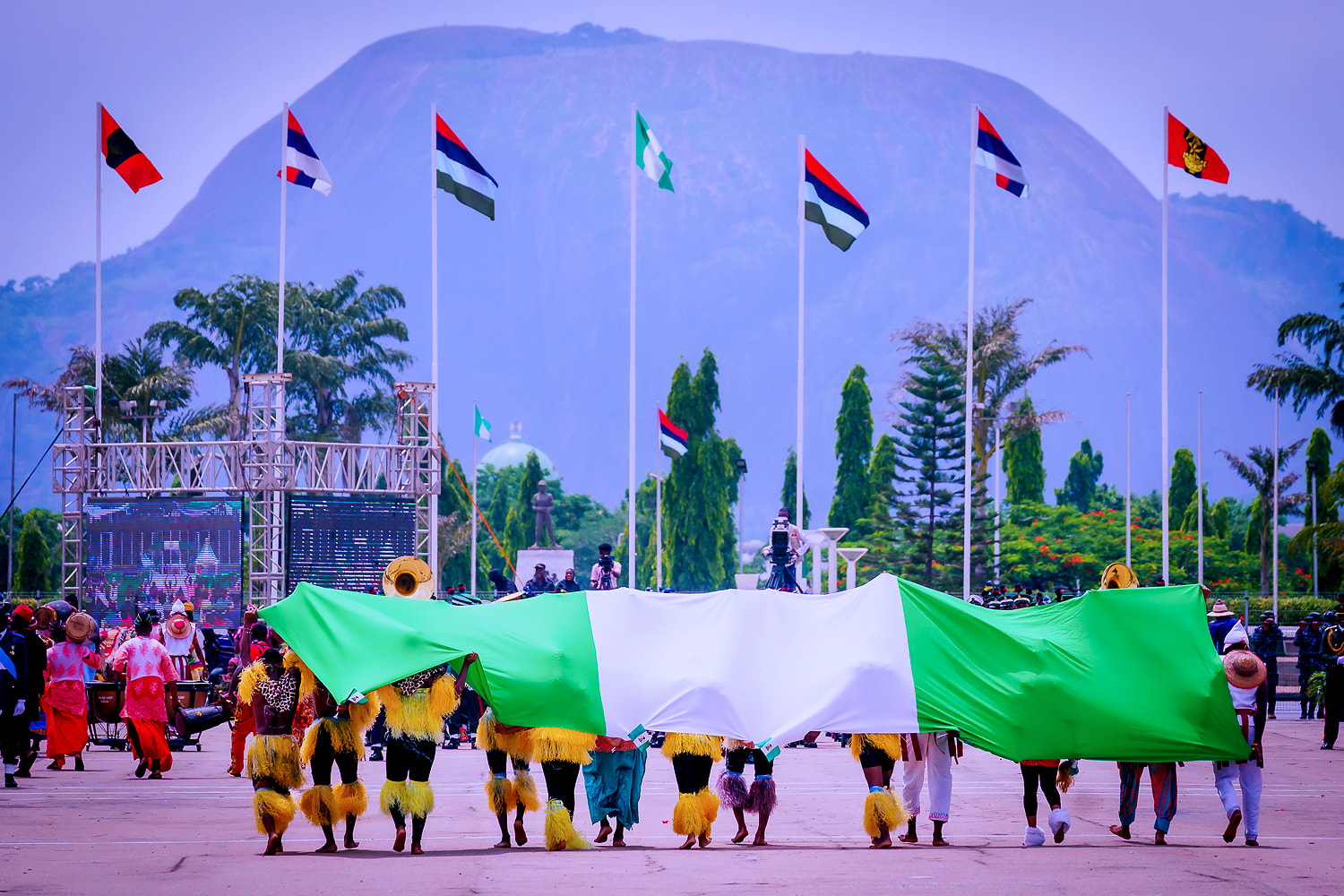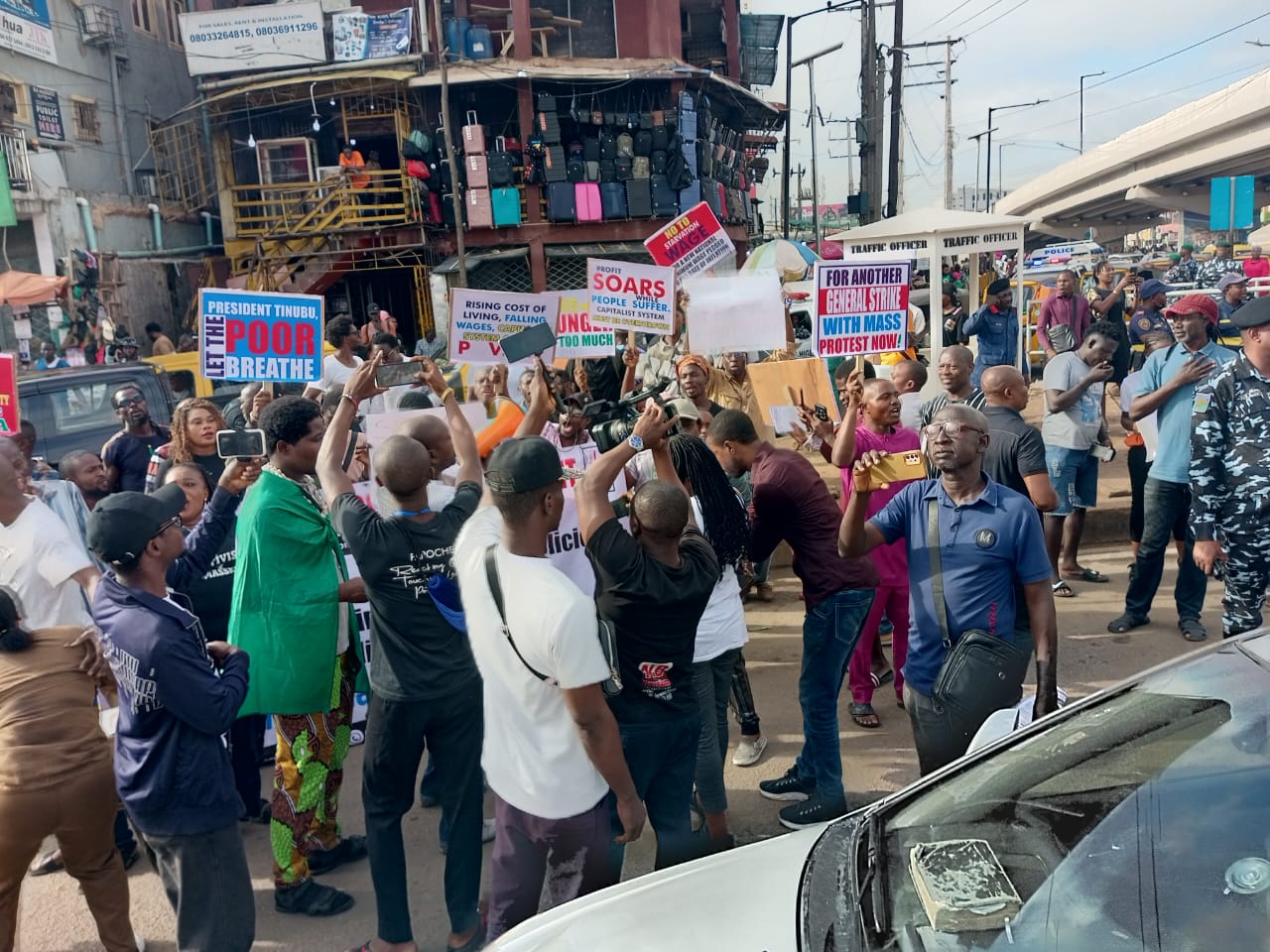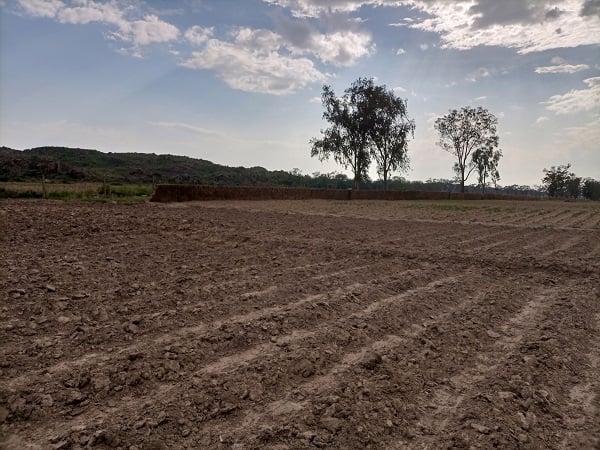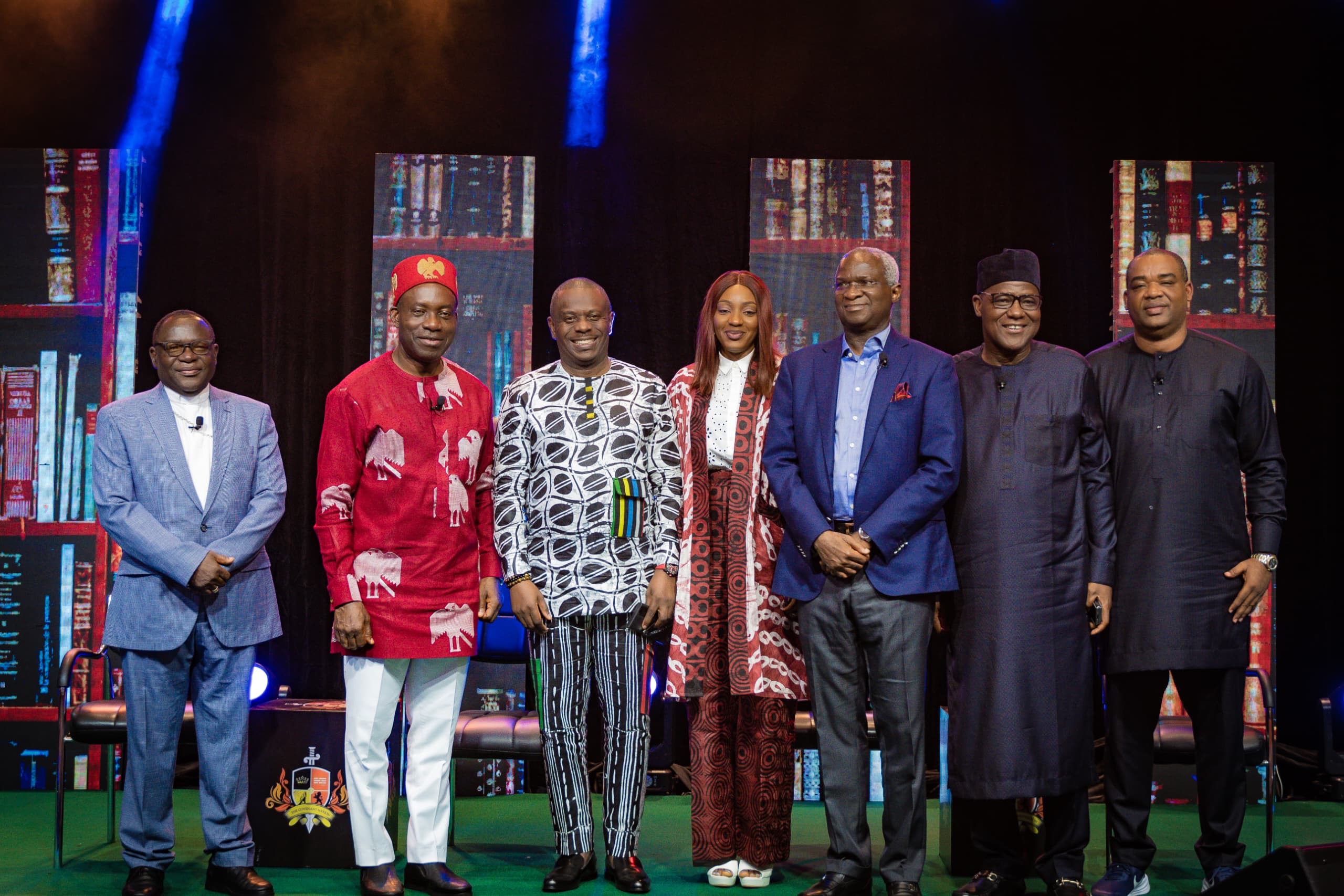BY TAIYE TOSIN JOSEPH
In the grand tapestry of nation-building, two important ingredients are often overlooked: patriotism and loyalty. These ingredients, once the bedrock of societies, seem to be fading into irrelevance, as modernity and globalisation take centre stage. Meanwhile, their absence threatens the very foundation upon which nations are built.
Now to the crux of the matter: the words “patriotism” and “patriot” are relatively recent terms in English literature, dating back to the 17th century CE. Originally, the word ‘patriot’ refers to a person who loves his motherland and tries to further its interests and well-being in various ways, at whatever cost. Well-being of the human society is related to nation-building, which is the process through which a community of people with diverse backgrounds come together within the boundaries of a sovereign state, with unified constitutional and legal purposes, and commit themselves to developing the country.
But, more worrisome is the fact that most of the crop of leaders we have today in Nigeria are not loyal and patriotic enough, yet such people are the ones in charge of our collective destiny as a people. It would be recalled that before the passage of the amended electoral law in 2022, APC members met, but the meeting was never borne out of loyalty to the nation but their party. The purpose of the meeting was to strategise on how to expunge section(s) that were deemed inimical to their personal and party interests. The true definition of loyalty to them favours party instead of country.
Advertisement
Similarly, in the larger society, students and youths are more loyal to their political leaders and their respective ethnic groups than to the nation. We also have more Nigerians in the public service whose loyalties are to their pockets rather than the “raison d’etre” of the nation.
Taking a cue from a pronouncement by Chief Justice Dahiru Musdapher on the current precarious situation in Nigeria, he noted that: “Nigeria is clearly a nation at war with itself. The path we are treading is a threat to the continued peace, unity and prosperity of this land we call our home… This is not the Nigeria we inherited from our predecessors, this is not the Nigeria we envisioned as young men. Favouritism, nepotism and tribal sentiments have made it impossible to run a merit-driven system. Hard work, brilliance, honesty and integrity in our dealings are no longer rewarded. Rather we celebrate mediocrity, soaked in the corruption we claim is our common enemy. I am scared and deeply worried. The situation is grave.”
The above excerpt corroborates the theme of this piece.
Advertisement
Patriotism is more than just waving flags or singing the national anthems. It’s a lifetime commitment to the collective well-being and prosperity of a nation. It inspires citizens to contribute positively to the development of society, whether through civic engagement or embarking voluntarily on humanitarian/community projects. It is either of those, not simply by being law-abiding citizens. When patriotism wanes, people become disengaged, apathetic, and indifferent to the needs of their fellow citizens and the nation at large.
Meanwhile, loyalty is the unwavering dedication and allegiance to one’s country, its core values, national ethos, and its institutions. It means standing by your nation through thick and thin, supporting its leaders and their policies (through constructive criticism when necessary), even in times of disagreement or adversity. Loyalty fosters unity of purpose, and stability essential for navigating the challenges and uncertainties that every nation faces at one point or the other.
These above-mentioned crucial ingredients are the things missing in our contemporary nation-building efforts and processes. This is a result of a lack of ideology, individualism, parochial interests, political polarisation, and weak institutions. The problem of Nigeria might be as many as sand, but nothing justifies our disloyalty and unpatriotic attitudes towards the nation.
Then what is the way out? What shall we do to address the issue?
Advertisement
It is not rocket science as what needs to be done is simple. We all must rise up and fight to reclaim our country from its current position of brinkmanship and rekindle patriotism and loyalty. We must reverse a situation whereby, there is Nigeria, but there are no Nigerians, by inculcating the ethos of loyalty and patriotism in every citizen from very early in life. This requires concerted efforts from individuals, communities, educational institutions, public officers and leaders at all levels.
Education plays a crucial role in instilling that sense of patriotism and loyalty from a tender age. The National Orientation Agency (NOA) must be up and doing in its constitutional mandate, and emphasise why schools should teach not only the history and values of the nation but also foster critical thinking and empathy, helping students understand their role in nation-building.
The entertainment industry must also be engaged and encouraged to produce movies that promote patriotism and loyalty to one’s country. I once watched a Turkish movie titled ‘Oath’. The level at which they promote patriotism and loyalty to the country and nation-building is legendary. That is where the National Film and Video Censorship Board (NFVCB) comes in. They should be looking into this and banning movies that encourage social vices while encouraging movie producers to focus on the ones promoting patriotism and loyalty.
Community engagement is another powerful and impactful tool for nurturing patriotism and loyalty. At a tender age, everyone must be encouraged to engage in community development. Involving in local initiatives, volunteering and investment in the development of one’s community and nation will go a long way.
Advertisement
Leadership training is also important in promoting patriotism and loyalty. Leaders must lead by example, demonstrating integrity, humility, and a genuine commitment to the welfare of the nation – something the younger generation can learn from. They should strive to unite rather than divide, prioritising the common good over partisan interests.
Taiye Tosin Joseph is a 400-level student of mass communication department, faculty of communication, Bayero University, Kano
Advertisement
Views expressed by contributors are strictly personal and not of TheCable.
Add a comment






